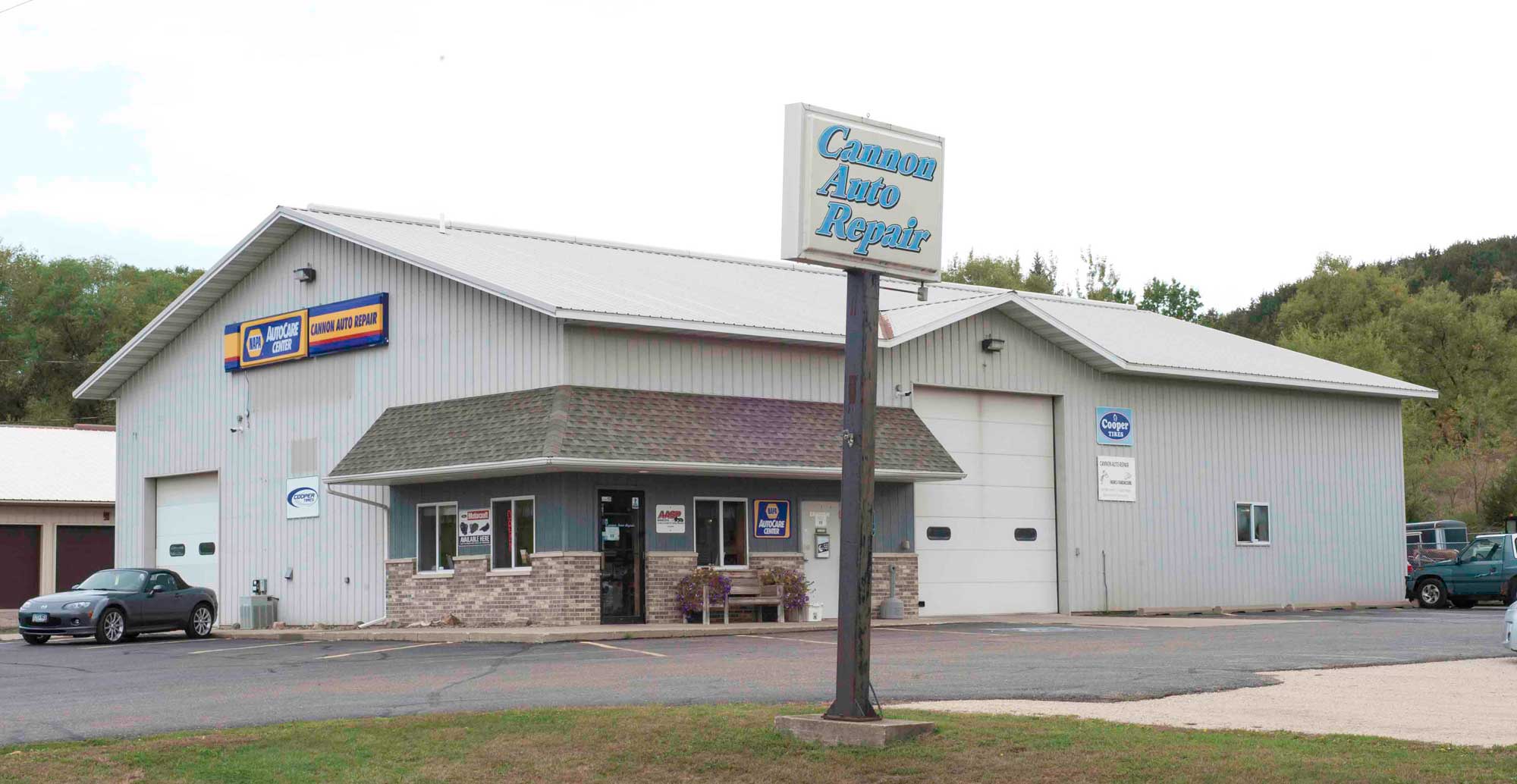Oil Changes: Do you know what type of oil to use?
To keep the moving parts of your engine lubricated and functioning at its optimum performance, regular oil change intervals are important. Check your owner’s manual or ask the advice of a reliable auto mechanic to determine the recommended schedule of oil changes for your specific vehicle. By following this schedule will help prevent excessive engine wear and tear and keep your vehicle functioning efficiently.
To help you understand what your mechanic may recommend, here is an explanation of the three main types of oil:
- Conventional: Organic and limited in its capabilities, and highly reactive to temperatures.
- Synthetic: Gives better engine performance, more slippery, and has fewer imperfections in its chemical buildup. Synthetic can cost up to three times as much, but the interval between oil changes can be longer.
- Synthetic blend: A combination of conventional and synthetic, it provides the same performance enhancement as a synthetic, but is usually less expensive.
Before your next oil change, you may want to know a couple more basic facts:
- Grades: The Society of Automotive Engineers (SAE) grades each type of oil according to how thin or how thick it is. The higher the grade–up to 70–the higher the viscosity (or thickness) of the oil. These grade numbers are referred to as the weight, the most common being weights of 5W-30, 10W-20 and 10W-30.
- Viscosity: This is an important factor in determining which type of oil is right for your car. Too thin and it won’t lubricate the engine parts well enough when it heats up. Most vehicles can use “multi-viscosity” which has passed the SAE specifications--thinner at lower temperatures, and thicker at higher temperatures. Consider the range of temperatures in which you drive your vehicle when choosing the proper type for your next oil change.
Tip to Remember: If you still have questions when it’s time for your next oil change, follow your vehicle’s manufacturer’s recommendations. Or consult your local auto mechanic--they’ll know what’s right for your vehicle.
Need expert advice about oil changes? Contact our ASE Certified Technicians at Cannon Auto Repair today by calling 507-263-2120 or go on-line at https://www.cannonautorepair.com for more information and to find our oil change coupons. Our auto repair shop serves vehicle owners in Cannon Falls, MN, and the surrounding areas.
To keep the moving parts of your engine lubricated and functioning at its optimum performance, regular oil change intervals are important. Check your owner’s manual or ask the advice of a reliable auto mechanic to determine the recommended schedule of oil changes for your specific vehicle. By following this schedule will help prevent excessive engine wear and tear and keep your vehicle functioning efficiently.
To help you understand what your mechanic may recommend, here is an explanation of the three main types of oil:
- Conventional: Organic and limited in its capabilities, and highly reactive to temperatures.
- Synthetic: Gives better engine performance, more slippery, and has fewer imperfections in its chemical buildup. Synthetic can cost up to three times as much, but the interval between oil changes can be longer.
- Synthetic blend: A combination of conventional and synthetic, it provides the same performance enhancement as a synthetic, but is usually less expensive.
Before your next oil change, you may want to know a couple more basic facts:
- Grades: The Society of Automotive Engineers (SAE) grades each type of oil according to how thin or how thick it is. The higher the grade–up to 70–the higher the viscosity (or thickness) of the oil. These grade numbers are referred to as the weight, the most common being weights of 5W-30, 10W-20 and 10W-30.
- Viscosity: This is an important factor in determining which type of oil is right for your car. Too thin and it won’t lubricate the engine parts well enough when it heats up. Most vehicles can use “multi-viscosity” which has passed the SAE specifications--thinner at lower temperatures, and thicker at higher temperatures. Consider the range of temperatures in which you drive your vehicle when choosing the proper type for your next oil change.
Tip to Remember: If you still have questions when it’s time for your next oil change, follow your vehicle’s manufacturer’s recommendations. Or consult your local auto mechanic--they’ll know what’s right for your vehicle.
Need expert advice about oil changes? Contact our ASE Certified Technicians at Cannon Auto Repair today by calling 507-263-2120 or go on-line at https://www.cannonautorepair.com for more information and to find our oil change coupons. Our auto repair shop serves vehicle owners in Cannon Falls, MN, and the surrounding areas.



